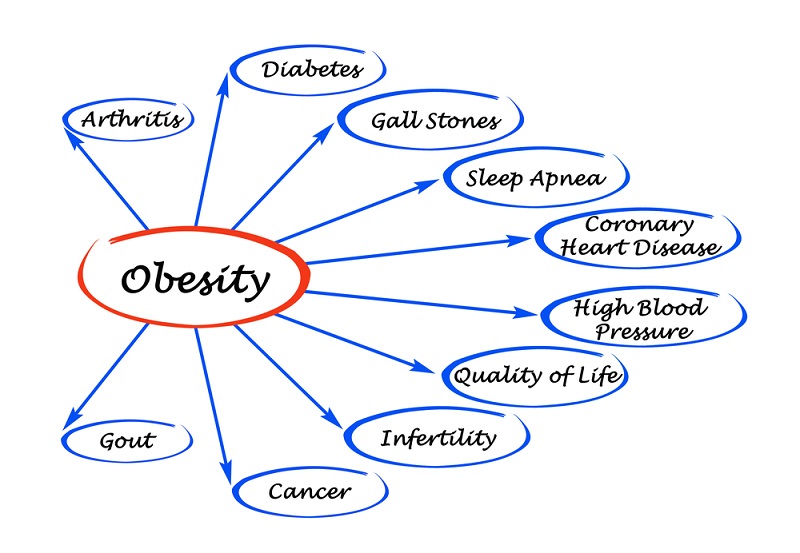Obesity, a disease of developed countries
Obesity is a disease that affects more and more people, putting them at risk of relatively serious diseases.
We talk about overweight and obesity to refer to the accumulation of excess fat in the body and can lead to health problems, sometimes serious, for people. The Body Mass Index (BMI) estimates your individual valuation.
What defines BMI?
The weight and height of a person. According to the SEED, BMI is calculated exclusively in adults, with the division between the weight in kilos and height in meters squared. The resulting value is compared with the data shown in the following table (attachment) and the degree of obesity or overweight is determined.
Like everything else, this index must catch it with pins as it has shown some error in its calculation: for example, assumes a distribution that is not entirely true between body mass and muscle mass and also adds 10% the highest value for individuals and removes another 10% of the value for the smallest.
Therefore, always consult a specialist on the subject, before starting to make calculations and draw conclusions.
Why we are obese?
The fundamental cause of obesity and overweight is an energy imbalance between calories consumed and expended, in either adults or children. Although it may also be due to genetic factors.
The importance of establishing a good lifestyle and eating in childhood will depend on you to be an adult with more or fewer health problems. Therefore, it is necessary to teach from small healthy lifestyles.
An obese juvenile should have greater chance of being an obese adult and suffer with this disease adjacent to obesity itself, such as disability and / or premature death.
In addition, if your child is obese, note that you will have breathing difficulties, increased risk of fractures, hypertension and early onset of other diseases linked to obesity and cardiovascular problems, diabetes and psychological problems arising from the acceptance of their status physical and their fear of confronting society, even in situations of daily life.
You may also like to read another article on AnxietyReduction: You can lose weight without dieting!
Prevalence of obesity
According to the study, which studied between May 2014 and May 2015 a total of 6,800 people between 25 and 65 years, the prevalence of obesity in general and abdominal obesity in the whole country are high although unevenly autonomous communities.
The study also shows that obesity and overweight pose a poorer quality of life for patients and increased care burden and cost to the national health system.
Then do a little bit of health education and read these guidelines to keep in mind if you’re worried about your weight or your children:
- Never start a diet if not prescribed by your doctor, dietitian, nutritionist, etc. That is, a health expert.
- Healthy eating Ignore the first thing you read or hear. Consult reliable and professional sources.
- Discuss how to cook at home: you may need to change certain habits, reduce consumption battered, breaded, fried…
- Eye fizzy drinks and sugary as their heavy drinking also influences obesity. Also, be aware of pre-frozen, precooked, etc.
- Just be aware of the importance of slowly chew each bite. Make mealtime a pleasant time, always respecting schedules.
- Exit to exercise. Half an hour a day of light walk will do you good for body and mind.
One last tip: An expert is always our best ally in health issues.














